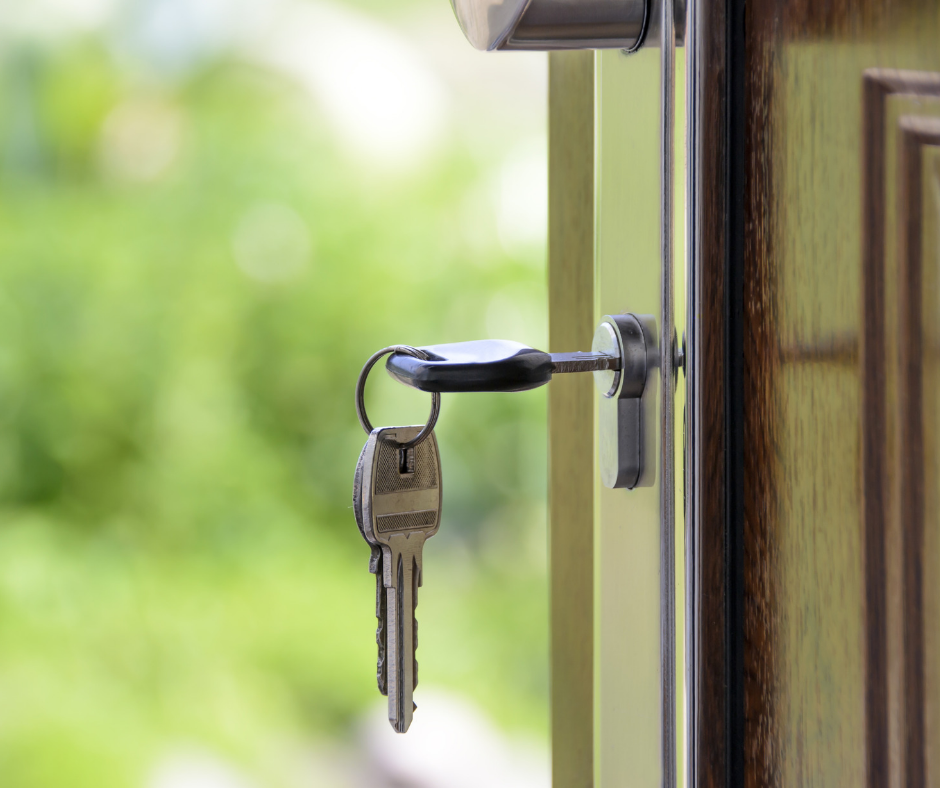
The debate about whether it makes more financial sense to rent or buy has been raging for decades. Advocates of buying argue that when you pay rent you’re paying for someone else’s mortgage. When you buy, you are making an investment, which can significantly increase in value every year you live in the home.
Supporters of renting say that the extra costs associated with owning a home, such as interest payments, taxes, maintenance, can add up. They add that there’s no guarantee that those expenses will be recouped when the house is sold. Instead of investing in a home, you may be better off investing your savings in stocks, bonds, and other financial securities that hold less risk.
Matthew Gardner, our Chief Economist, forecasts, that we will not break 5% for 30-year fixed Mortgage rates for 2019, and likely won’t break it next year.
This means that getting a mortgage is relatively cheap, raising the question, ‘Is it really worth it to keep renting?’
Even if interest rates stay low, whether to rent or buy has a lot to do with each person’s specific situation. Here are a few considerations to make as you decide.
What’s the real estate situation in your city?
Industry groups put out reports every quarter stating the average national sales price for a home, and the average monthly payment for a U.S. rental. These reports are typically based on an average of all the cities in the U.S. But what really matters is what the numbers show when you dig into them on a local level.
Investigate the local sales and rental markets, and you’ll see there are some cities that fall well below that average, and some that rise far above it. When comparing housing costs, be sure to base your evaluation on what’s happening in your city and neighborhood, not the nationwide averages.
How long do you expect to live there?
If you don’t plan to be living in the same place for at least five years, renting is probably your best bet financially. But if you think you’re ready to settle down for as long as 7 to 10 years, chances are very good that any home you purchase will appreciate during that time even if the economy runs into some bumps along the way.
What’s the mortgage rate?
One of the other key factors to consider is the cost of your loan (the interest you’ll pay the lender). Fortunately, our Chief Economist, Matthew Gardner, does not expect interest rates to hit or break 5 percent, meaning money is relatively cheap.
Your mortgage rate will depend on how much money you have saved, your credit score, and other factors, so make sure to talk to a loan officer before you start looking for a home. Being pre-approved for a mortgage narrows down your price range and helps strengthen your offer when it comes time to compete for your new home.
Can you pay a bit more?
It can be advantageous to work a lower monthly payment to the bank so that you can pay a little more than the payment.
For example, if you can afford to pay a little extra towards your mortgage bill each month, say $300 more per month, on a 30-year, $300,000 loan, can knock eight years off the life of the loan and reduce your final bill by more than $63,000. That’s savings you would never see if you rented.
Will you need to make repairs or improvements?
Buying a fixer-upper may seem like a great way to get a deal on a house, but if the money you spend on the repairs is too great, your profit could be diminished when it comes time to sell. The same is true for remodeling and improvement projects.
Additionally, you can work with your Mortgage lender for a repair loan. This can help you get that lot you want, and help you pay for the repairs.
But ultimately, if you can only afford a home that demands major improvements, and you don’t have the skills to do much of the work yourself, it’s probably better to rent.
Do you have other ways to invest?
Many see a home purchase as an easy way to invest—a place where they can generate savings through home equity. But others say you can make more money renting an apartment and investing your savings in stocks, bonds, and other financial securities.
This is where a financial advisor might come in. They’ll be able to break down what you need to do in order to get the best return on your investments. They’ll also be able to see the big picture when it comes to your money.
Can you rent part of the house?
Speaking of a diverse portfolio, let your investment work for you. If you buy a house that includes a rental (extra bedroom, mother-in-law unit, etc.), you could be the landlord instead of paying the landlord. With that rental income, you could pay off the mortgage faster and contribute more to your savings. But, of course, you need to be willing to share your home with a tenant and take on the responsibilities of being a landlord or working with a professional property manager to help you with those duties.
Making your decision
To make your decision about whether to rent or buy easier, input the key financial facts regarding your situation into this Realtor.com Rent vs. Buy Calculator: For help making sense of the results and analyzing other factors, contact an experienced Windermere Real Estate agent by clicking here.
 Facebook
Facebook
 X
X
 Pinterest
Pinterest
 Copy Link
Copy Link
